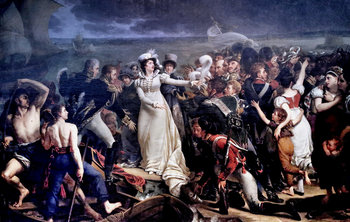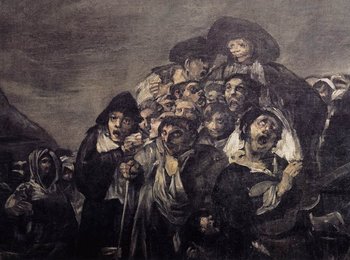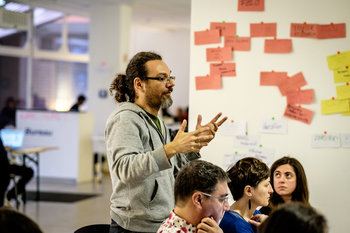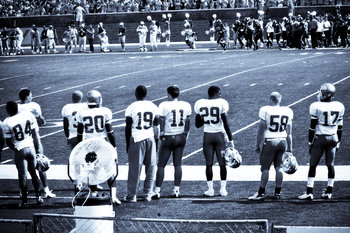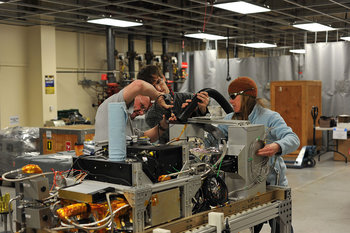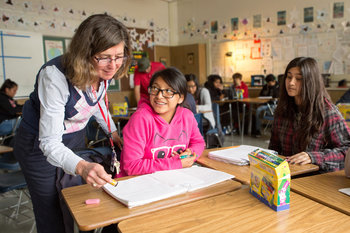
Unquestioned Belief
Groupthink begins in unquestioned belief whereby the group adopts ideas that it considers beyond challenge. Anyone who does challenge such ideas is quickly admonished.Closed-mindedness
The group seeks to shelter itself from ideas that threaten the group's status quo. For example, members of the group may use filter bubbles to avoid dissenting ideas.Conformity
Members of the group seek to conform to norms established by the group.Gatekeeping
Self-appointed members of the group begin to police thought to root out ideas or behavior that conflicts with the group's norms.Self-Censorship
Members of the group carefully control their speech to avoid being accused of disagreeing with the group.Social Pressure
Any non-conformity to group norms is met with social pressure.Stereotyping
The opposition is stereotyped with labels. The slightest disagreement with the group can cause an individual to be labeled. Such labels may have extremely negative connotations within the group.Illusions of Unanimity
Members of the group begin to overestimate group unity as all opposition within the group is silenced.Illusions of Power
The perceived unity and righteousness of the group leads its members to overestimate the group's power. The group has isolated itself from the opposition and tends to underestimate their strength. The group may begin to take excessive risks.Design by Committee
The group begins to lack creative capabilities as members fear criticism and are unlikely to champion brave ideas.Abilene Paradox
Decisions, plans and work products of the group may reflect social compromises as opposed to logic. Each individual member of the group may view work products as poor quality or irrational but may have little power or motivation to speak up.Summary
The following are common examples of groupthink: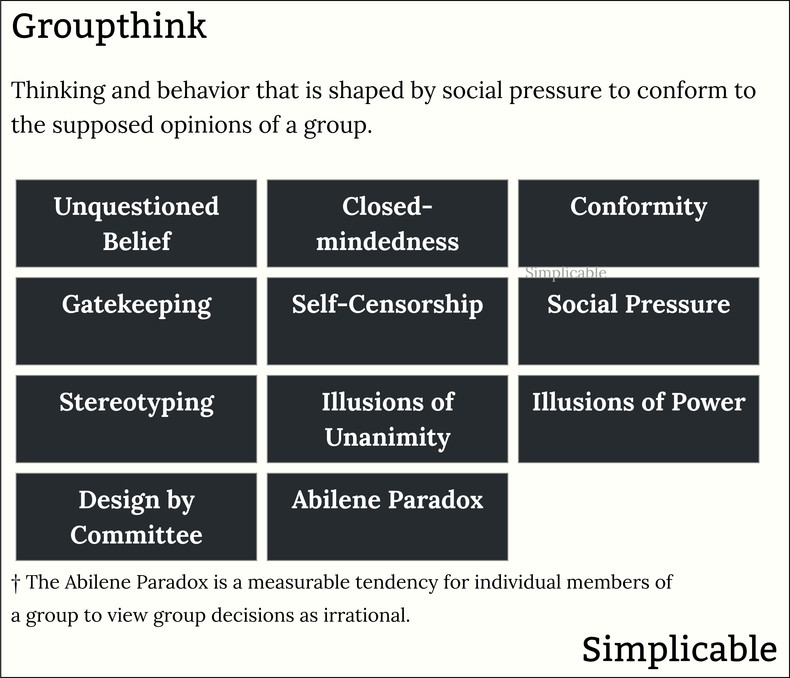
Overview
Groupthink is an environment where social pressure to conform influences thinking and behavior.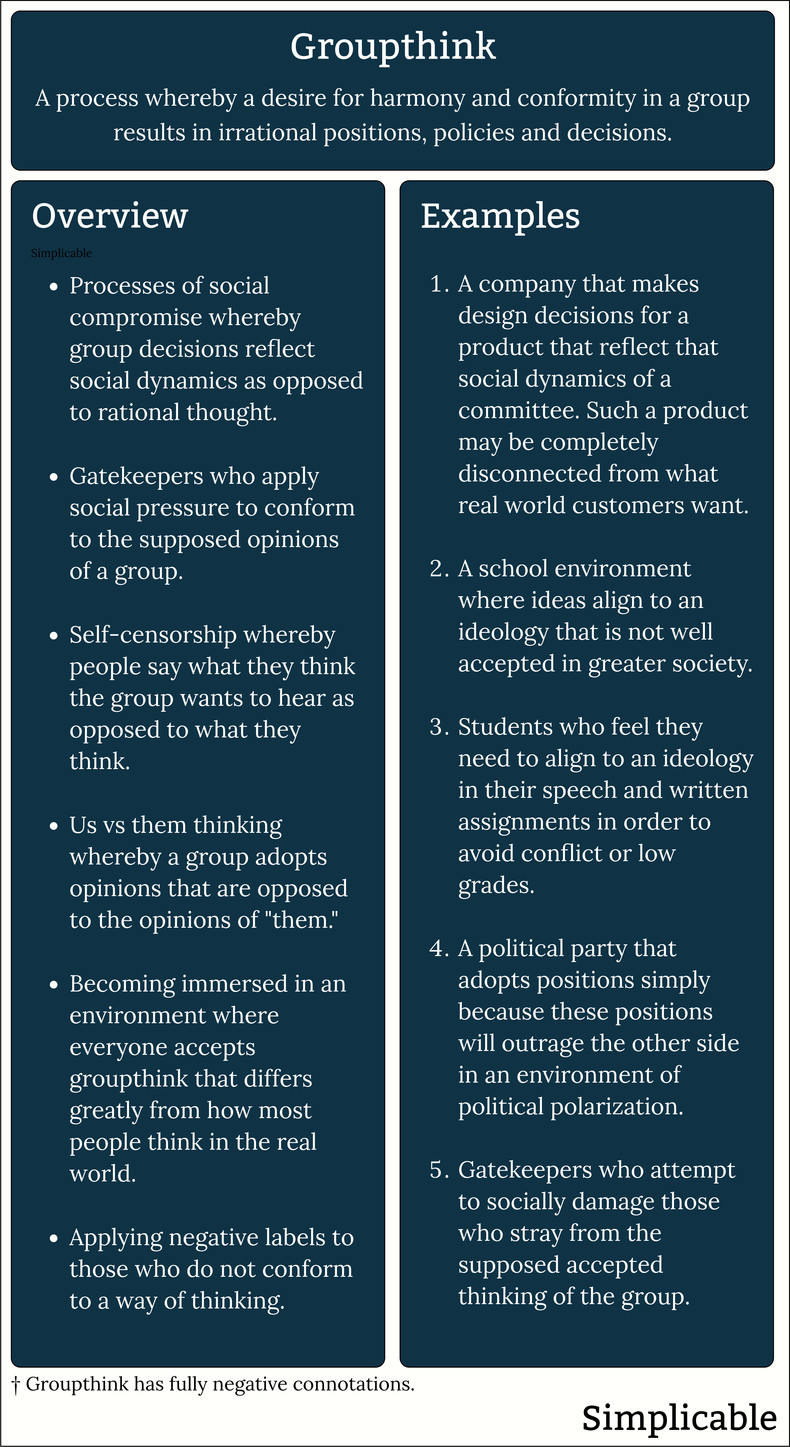
| Overview: Groupthink | ||
Type | ||
Definition | Groups that produce irrational strategies, decisions, rules, plans, actions and designs out of a desire to reduce social conflict within the group and create a sense of connectedness and belonging amongst members. | |
Related Concepts | ||




















